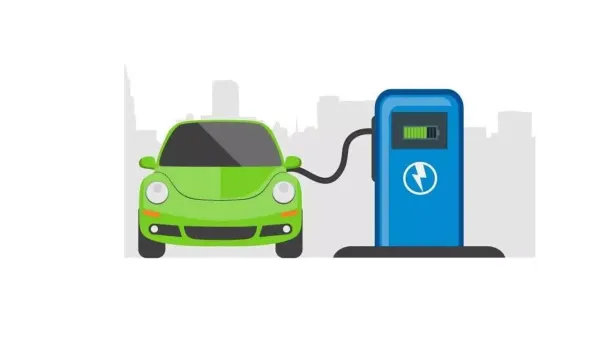
The Cabinet has authorized the “PM Electric Drive Revolution in Innovative Vehicle Enhancement (PM E-DRIVE)” Scheme, which would cost Rs. 10,900 crore and go into effect on October 1, 2024, and last until March 31, 2026. The scheme’s main objectives are to build a strong EV manufacturing ecosystem nationwide, construct necessary charging infrastructure, and hasten the adoption of electric cars (EVs). Sales of electric vehicles have already increased at a record rate under this program, demonstrating the increasing fervor of EV adoption.

The PM E-DRIVE program supports public transportation networks in order to enhance mass mobility. By providing upfront incentives for EV sales and promoting the construction of charging infrastructure, the main goal is to expedite the shift to electric cars. In keeping with the Aatmanirbhar Bharat mission, the program aims to enhance air quality and lessen the environmental effects of transportation while encouraging a productive and competitive EV manufacturing industry. A phased manufacturing program (PMP) will be used to enhance the EV supply chain and increase local production.
The following essential elements are used to implement the PM E-DRIVE scheme:Subsidies: Encourage the purchase of electric vehicles, including e-trucks, e-ambulances, e-2W, e-3W, and other newly developed EV types; Capital asset creation grants will be given for the purchase of electric buses (e-buses), the construction of an extensive charging station network, and the modernization of the Ministry of Heavy Industries’ (MHI) testing facilities; Project management agency (PMA) fees and IEC (information, education, and communication) activities are included in the scheme’s administration.
An increase in sales
In support of India’s ambitious net-zero goal by 2070, the Ministry of Heavy Industries is spearheading the national drive for the adoption of electric vehicles. Sales of e-2Ws have increased to 5,71,411 units in 2024–2025 thanks to programs like the PM E-DRIVE and the Electric Mobility Promotion Scheme (EMPS). Sales of electric three-wheelers (e-3W), such as e-rickshaws and e-carts, totaled 1,164 units during that time, while sales of L5 category electric three-wheelers reached 71,501 units.
The program intends to provide incentives for around 24.79 lakh e-2Ws. This offer is only available for e-2Ws that have upgraded batteries installed. About 3.2 lakh electric three-wheelers (e-3Ws), including registered e-rickshaws, e-carts, and L5 category vehicles, are intended to be incentivized by the program. The demand incentive is limited to e-3Ws with cutting-edge battery technology. The program only applies to e-3Ws that are used for business.
Under this initiative, a budget of Rs. 500 crore has been set out for the deployment of e-ambulances.
For the purchase of 14,028 electric buses, State Transport Undertakings (STUs) and public transportation authorities have allotted a total of Rs. 4,391 crore. In nine major cities—Delhi, Mumbai, Kolkata, Chennai, Ahmedabad, Surat, Bangalore, Pune, and Hyderabad—with a combined population of over 40 lakh, CESL will oversee the demand aggregate for these buses. In order to increase customer trust, the program intends to build a strong network of public charging stations, including 22,100 fast chargers for e-4Ws, 1,800 for e-buses, and 48,400 for e-2Ws and e-3Ws. These charging stations will be placed beside certain roads and in major cities with significant EV adoption rates. Under the project, a total of Rs. 2,000 crore would be spent on charging infrastructure.
Demand incentives are a key element of the program, which is specifically designed to increase the uptake of electric cars (EVs). To be eligible for these incentives, all EVs must be registered in accordance with the Central Motor Vehicles Rules (CMVR), 1989. All things considered, this plan is an important step toward India’s transportation system being cleaner and more sustainable in the future. (PIB)